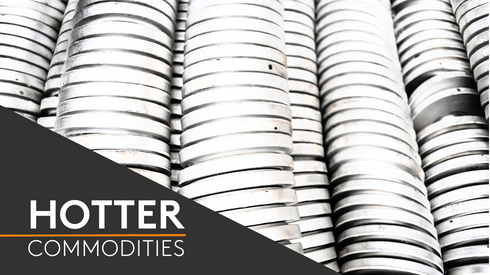The call for a new policy came in a position paper by Eurometaux published on Wednesday January 25, in advance of a European Council special meeting on February 9-10. EU leaders will discuss any response to the Inflation Reduction Act at this meeting, the EU confirmed.
In the paper, the industry association said that any industrial plan must accompany Europe’s own Critical Raw Materials Act in providing a stronger signal on investment and competitiveness across the full clean-energy-technology supply chain.
It also urged the European Commission to follow the US in prioritizing strategic raw materials throughout the supply chain equally. It welcomed improvement in permitting and financing for new mining, processing and recycling efforts in the upcoming Critical Raw Materials Act.
“The US Inflation Reduction Act, while discriminatory, has shown what a proactive clean-tech industrial policy could look like,” Evangelos Mytilineos, president of Eurometaux and chief executive officer of Greek aluminium company Mytilineos, said in a letter to the European Commission.
“Its predictability, value-chain approach, funding and tax incentives are driving new investments into US minerals production,” he added. “We in Europe should be inspired by its example.”
Eurometaux proposed five key recommendations to support the industry. These included providing streamlined and comprehensive EU financial support for strategic supply chains, reducing EU electricity prices through the use of renewable sources, and setting EU production targets, incentives and projects, fast-tracking them for the full clean-energy-technology supply chain.
In addition, the association said that the Critical Mineral Materials list should be expanded to include aluminium, copper, zinc, high-purity manganese, neodymium, dysprosium, praseodymium, terbium, iridium, silver, germanium and others.
Want to read more on policy?
Find out more about policy changes and their impact on the market. Read our recent insights report into policy changes in the US and EU and their effect on the already volatile battery materials and electric vehicle market.
- Discover how US and EU policies may present obstacles in the journey to a more sustainable future
- Find out about the impact these policies have on the future of key battery materials
- Read about how these policies are influencing the emergence of regional supply chains
- Use our interactive visualizations to find out more information on the policies, timelines and what this means for your business






